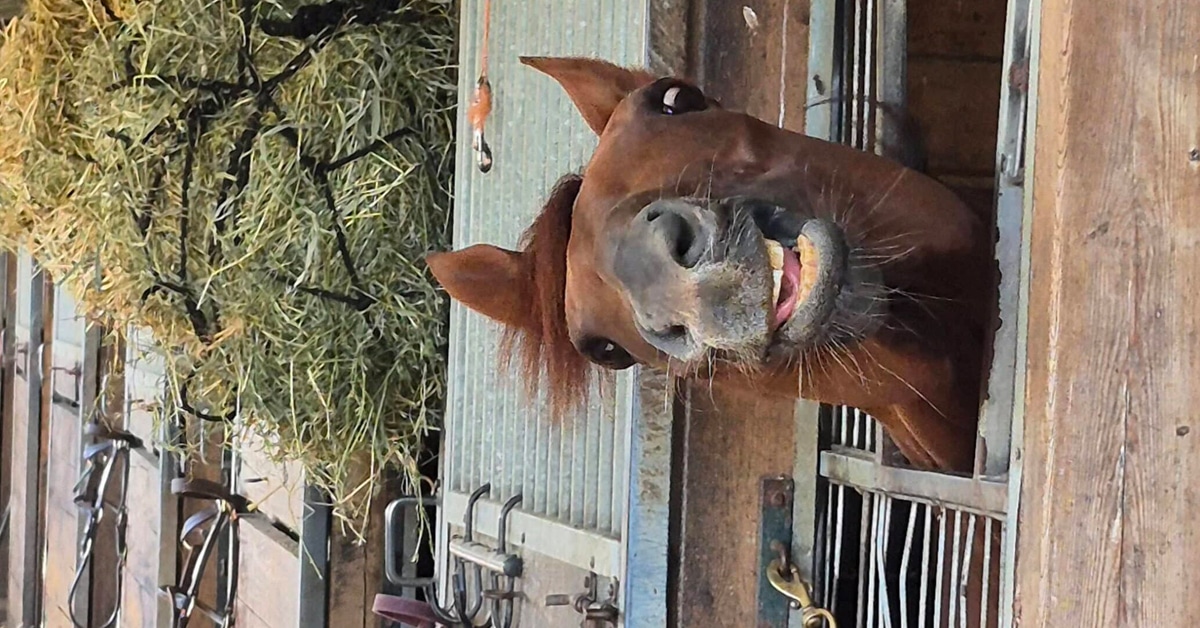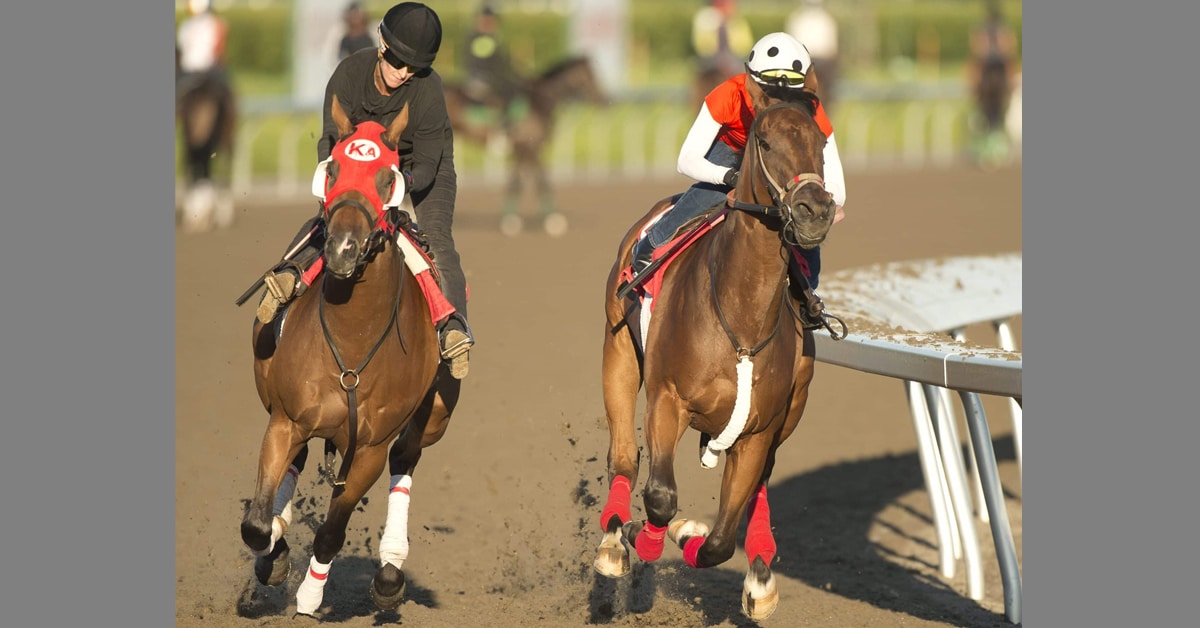Equine Canada’s Health and Welfare Committee is sharing the following status update on Neurotropic Equine Herpes Virus-1 (nEHV-1) received today from Alberta and Western Canada. This information comes as a result of consultations among the Chief Provincial Veterinarian for Alberta, members of the Alberta Veterinary Medical Association, faculty members, University of Calgary Veterinary Medicine, local Albertan equine practitioners, in addition to veterinarians from British Columbia and Saskatchewan.
To date the reported positive cases of nEHV-1 in Alberta are as follows:
• One neurological case (now recovered) first found positive at the start of May
• Three cases positive with mild respiratory signs/fever are all now recovered
• Four PCR positive horses, showing no clinical signs
• One new neurological case ,responding well to treatment, that attended cutting events in Alberta
• One of the previously ‘suspect’ neurological cases in Northern Alberta that was at the cutting competition in Lloydminster (reported in last update).
To date suspect cases of nEHV-1 in Alberta are as follows:
• One previously reported neurologic case. The mild neurological signs are almost resolved and the horse remains under quarantine. To date testing has been negative.
• The second suspect with mild neurological signs in Northern Alberta that was at the cutting competition in Lloydminster (reported in last update) still remains in the suspect list.
• New neurological suspect case from Central Alberta was euthanized due in part to complications with previous significant medical conditions. Testing is pending.
• New neurological suspect case with mild fever from Central Alberta. Testing is pending.
The update in Saskatchewan, from the Prairie Diagnostic Services laboratory, indicated a single confirmed case that was present at the Lloydminster competition. Previously reported cases in February 2011, from this laboratory, are not considered part of the current EHV-1 outbreak.
The update in British Columbia, from the Animal Health Centre laboratory (Ministry of Agriculture), indicated two positive nEHV-1 cases confirmed through the laboratory. These cases had either direct or indirect contact with horses that were at the Ogden, Utah competition.
It appears all of the cases and suspected cases remain in horses associated with the cutting horse industry.
All other disciplines outside of the cutting industry continue at this time to be considered low risk. The decision to cancel competitions and shows in other disciplines should be made in partnership with their associated veterinarian to develop a risk assessment of each situation. Excellent resources on biosecurity protocols for the equine community can be found on the Alberta Veterinary Medical Association website, and the equestrian federation websites of Alberta and Saskatchewan.
The following is an earlier statement from the Canadian Food Inspection Agency (CFIA):
Equine Herpes Virus (EHV) is a disease present in Canada and is not a federally controlled disease. Subsequently, in accordance with international guidelines, CFIA has no authority for requesting certification related to this disease from the United States Department of Agriculture when importing horses from the United States (US). Import conditions for all horses entering Canada from the US will not be changed in relation to the recent reports of EHV cases in the US. However, as always, imported horses need to comply with all current Canadian import conditions. In addition, arrival of unwell horses at the border can affect the import process.
Equine Canada is working with the offices of Canada’s chief veterinarians to monitor the situation and keep our members abreast of developments. We will post new information and status updates regarding EHV-1 neurological cases on our website at http://www.equinecanada.ca/.
Outbreak control of nEHV-1 is dependent on proper biosecurity or containment strategies. Equine Canada strongly urges owners to consult the following resources to better understand the nature and control of this infectious disease:
• Neurologic EHV-1: The Top Five Things You Need to Know — http://bit.ly/iRrE3p
• Update on EHV-1 Conference Call – May 25, 2011 — http://bit.ly/jPHF63
• Animal and Plant Health Inspection Service (APHIS) — http://1.usa.gov/jxev5j
• Message to Alberta Horse Owners — Neurotropic Equine Herpes Virus-1 (nEHV-1) — http://bit.ly/jCFMas
• The American Association of Equine Practitioners — http://bit.ly/j5XShc
• Facts About Equine Herpes Virus — http://bit.ly/khha91
• Equine Health Alert – State of Idaho, Department of Agriculture — http://bit.ly/jsd1gr
• Equine Herpes Virus (EHV-1) Situation Report (May 19, 2011) — http://bit.ly/jbImfu
• Ontario Veterinary College Blog — http://bit.ly/2nWet
Owners are encouraged to speak with their veterinarian if they have additional concerns or questions.
More News









